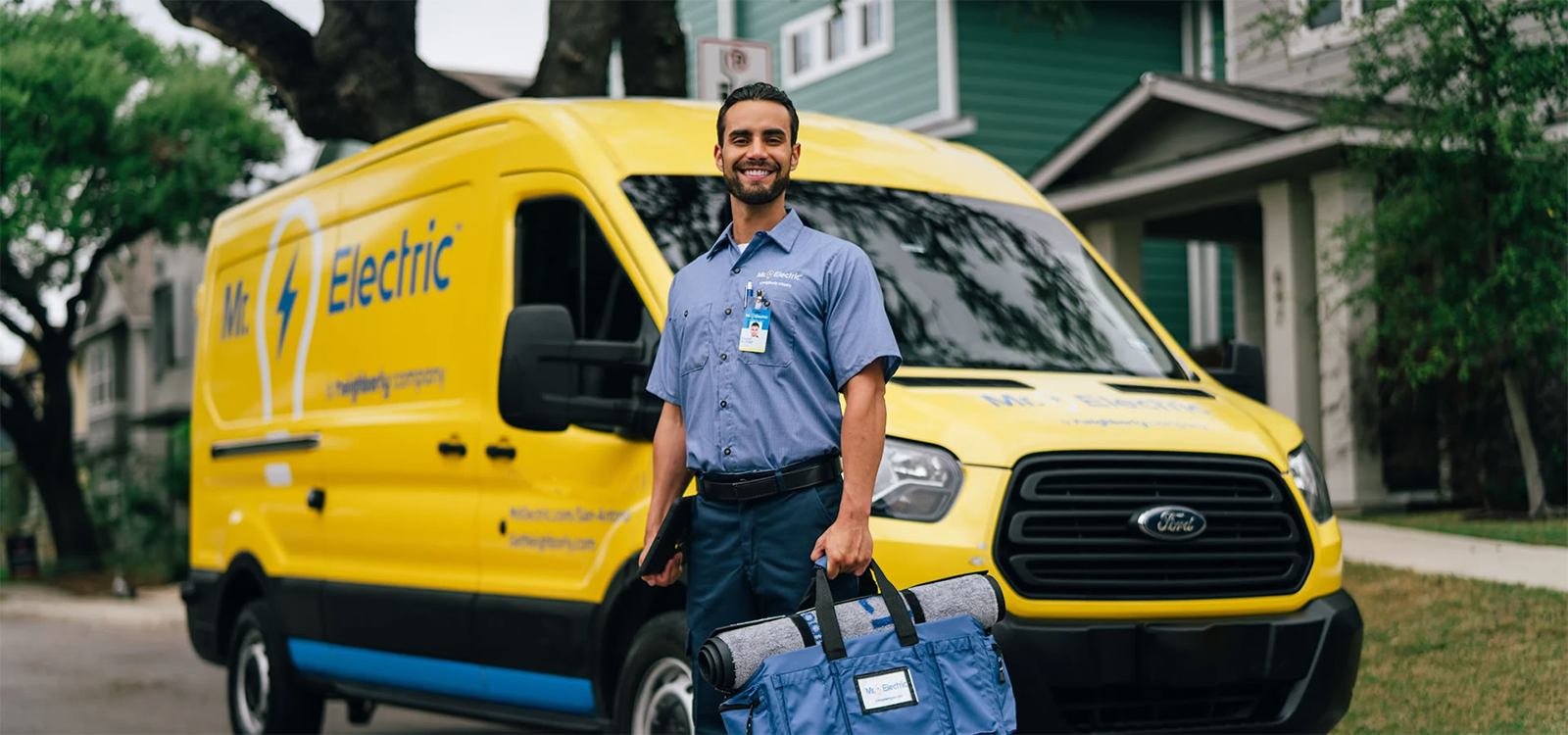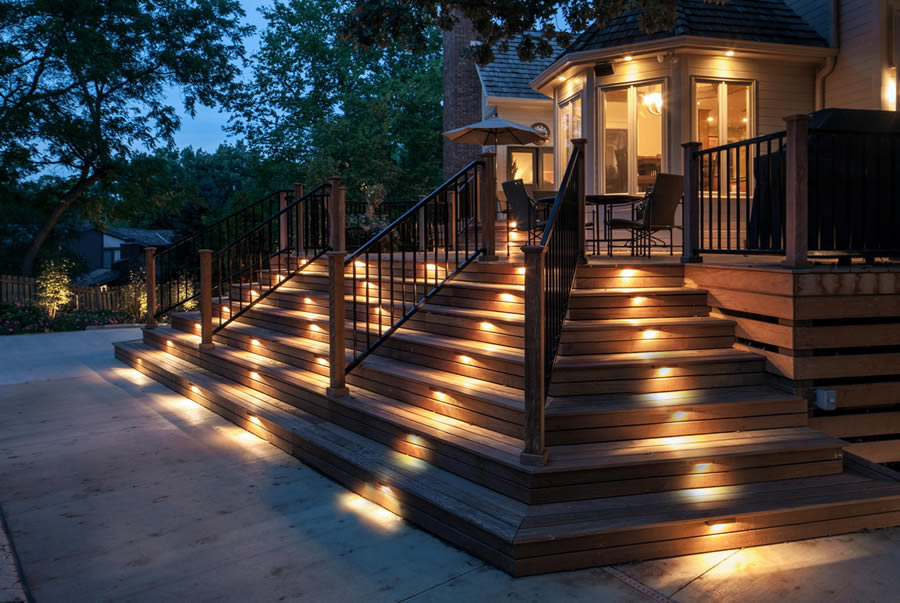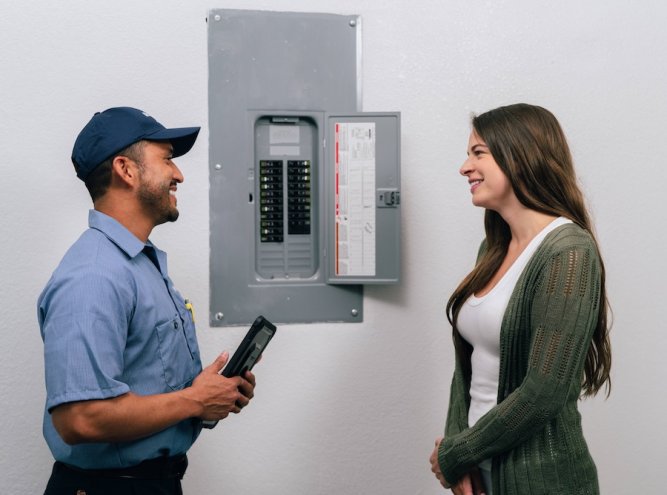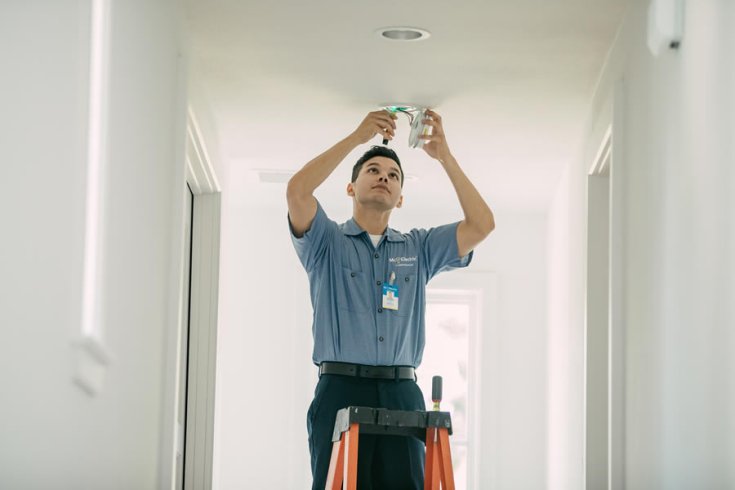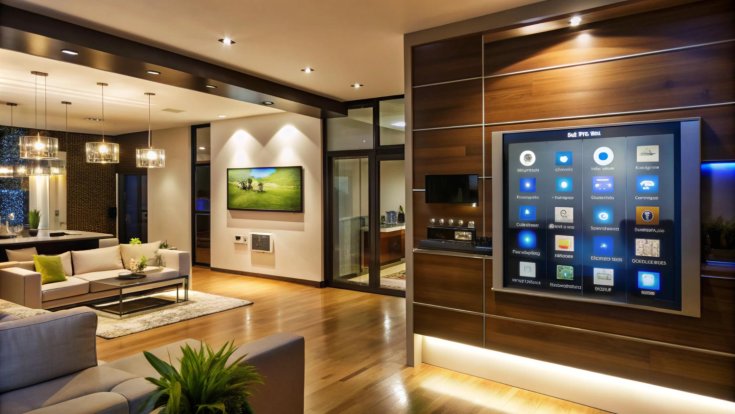The Pros and Cons of Smart Lighting Control Systems
In today's fast-paced world, lighting has become more than just a necessity; it's a tool for convenience, energy efficiency, and ambiance. Smart lighting control systems have emerged as a prominent option, promising to transform the way we illumine our spaces. However, we have to weigh the pros and cons of smart lighting control systems if we want to make an informed choice. In this article brought to you by Mr. Electric, we do exactly that. Let’s look at some of the benefits as well as the drawbacks of smart lighting.
Let’s Start with the Advantages
It should go without saying that smart lighting control systems offer unparalleled convenience. They allow you to control your lights remotely through smartphones or voice commands. Smart lighting lets YOU create an environment tailored to YOUR preferences. You can adjust brightness, color, and even set schedules to match your daily routine.
One of the most significant advantages of smart lighting is its potential for energy savings. LED bulbs, often integrated into smart lighting systems, are incredibly energy efficient. The ability to dim or turn off lights when not in use, coupled with energy-efficient bulbs, can significantly reduce electricity bills.
Smart LED bulbs typically have a longer lifespan than traditional incandescent bulbs too. With the ability to control brightness and usage, you can extend the life of your bulbs even further, reducing the frequency of replacements.
Finally, smart lighting systems can be integrated with security features, such as motion sensors and remote access. This can deter potential intruders and give you peace of mind when you're away from home – or your business.
The Drawbacks of Smart Lighting
The upfront cost of smart lighting control systems, including smart bulbs and central control hubs, can be higher than traditional lighting solutions. However, the potential long-term energy savings can offset this initial investment.
The upfront costs are higher also because setting up and configuring a smart lighting system can be more complex than simply screwing in a traditional light bulb. It may require some technical expertise and troubleshooting, especially if you want to integrate multiple devices. This work is best left to a certified electrician.
Finally, not all smart lighting products are compatible with each other or with various smart home platforms. This can lead to frustrations if you're trying to create a seamless, interconnected smart home environment.
Plus, smart lighting systems rely on technology, including Wi-Fi and smartphone apps. In the event of a power outage or technical glitches, you may lose control of your lighting temporarily.
Plan and Design Your Smart Lighting System
Smart lighting has a lot to offer both homeowners and businesses. A key to maximizing the benefits is careful planning and design. Consult with experienced lighting installation contractors or electricians to make sure the resulting system meets your specific needs and preferences.
Residents in the area looking for a trained and certified electrician can call Mr. Electric to get started by speaking with a member of our team. Mr. Electric is your one-stop-shop for your electrical needs, offering a wide range of electrical repair service at affordable and transparent prices.


